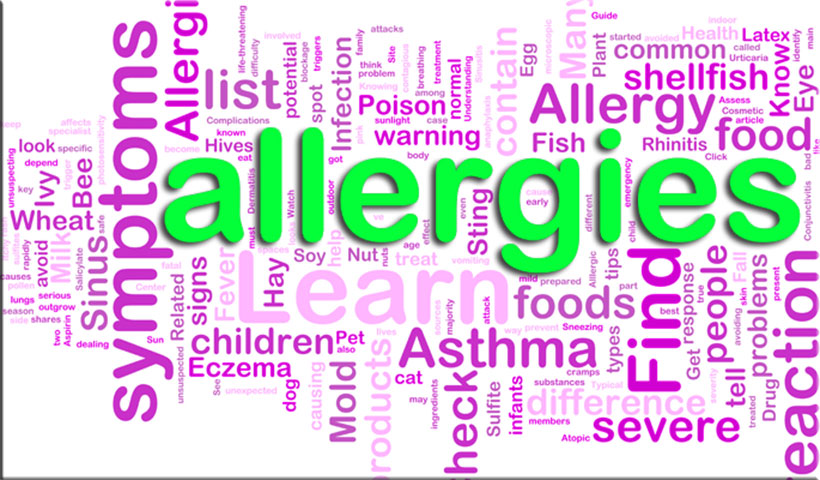

The School District of Palm Beach County, Florida takes a proactive approach to addressing food allergies in schools. In August 2011, the District’s School Board adopted Policy (5.324) “Students with Life Threatening Health Conditions.” This policy was a collaborative effort, written by many internal staff members and external medical experts. The policy addresses a broad spectrum of life threatening conditions such as severe allergies and anaphylactic shock, severe asthma, seizures, diabetes, and other chronic/life threatening health conditions. To accompany the District policy, the School Food Service (SFS) Department created Diabetic Emergencies and Anaphylactic Emergencies Action Plans which provide more details about the support and responsibilities that the SFS Department provides to assist schools in case of an emergency.
According to the Food Allergy Research & Education (FARE) there are approximately 5.9 million children in United States living with a food allergy, which equates to about one in every 13 or two students in every classroom. Many students receive breakfast and lunch at school, and it is so critical for the staff working with Child Nutrition Programs to be knowledgeable about the products being offered. The SFS Department has been a resource for parents across Palm Beach County for years. Parents are provided with valuable information regarding the ingredients of every food offered through the Child Nutrition Programs. Because of this, many students with documented food allergies or intolerances are able to enjoy meals with their friends during school.
The SFS Department provides the following information on the SFS Department website:
- default_titleThe “Carbohydrate and Fiber List” for each recipe utilized by Type 1 Diabetics
- default_title“Menu Items Containing Pork” for those with religious preferences
- default_title“Vegetarian Entrées” for those with dietary preferences
- default_title“Allergen Information” for each recipe offered via the school cafeteria
- default_title“Gluten Free Menu Choices”
- Show More
All of these resources and additional information can be found on the Special Dietary Needs webpage. In addition, parents may contact the SFS Department directly for more individualized requests.
Throughout the years, the SFS Department has established strict guidelines requiring all vendors and manufacturers to complete a Food Allergy Worksheet as part of the competitive bidding process. Vendors and manufacturers are required to document if their product contains any ingredients from the eight most common food allergies: milk, eggs, peanuts, tree nuts, wheat, soy, fish, and shellfish. In addition, manufacturers are required to identify artificial coloring such as red, blue, and yellow dyes in their products. Per bid language, the SFS Department reserves the right to not purchase food items with these ingredients.
All documentation submitted during the bid process is to include the product specification, the ingredient statement, the nutrition facts label, and the food allergy worksheet of each food item procured by the SFS Department. Documentation is kept at the administrative office. Anyone who has questions regarding food offered is encouraged to contact the SFS Department.
The Eight Most Common Food Allergies
Milk
Eggs
Peanuts
Tree Nuts
Wheat
Soy
Fish
Shellfish
Signs and Symptoms of a Food Allergy
Anaphylaxis
Swelling of the Lips, Eyes, or Face
Eczema
Hives
Flushing
Respiratory Distress
Wheezing
Itching
